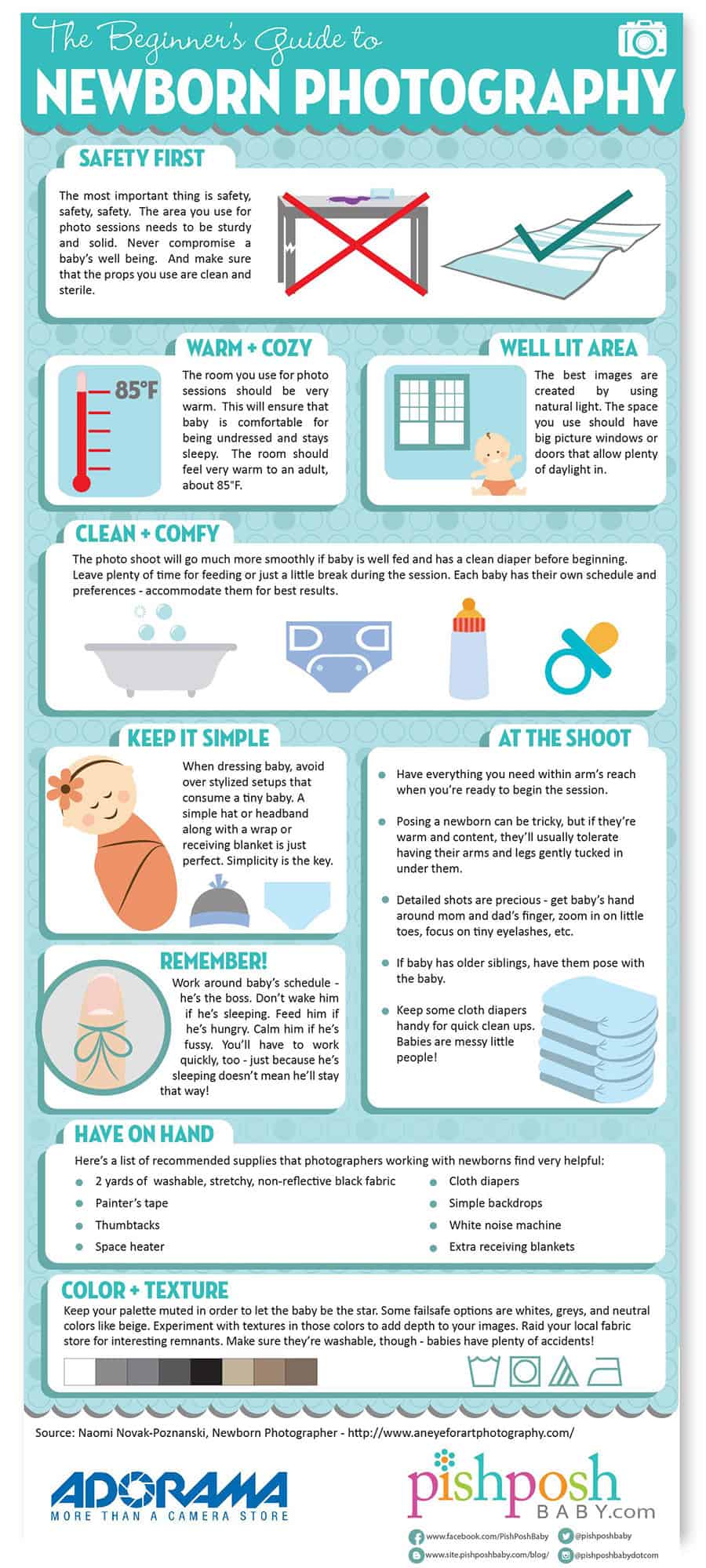Eager To Improve Your Real Estate Photography? Allow'S Take A Better Look At The Important Factors To Consider For Picking The Perfect Cam To Catch Captivating Residential Or Commercial Property Pictures
Eager To Improve Your Real Estate Photography? Allow'S Take A Better Look At The Important Factors To Consider For Picking The Perfect Cam To Catch Captivating Residential Or Commercial Property Pictures
Blog Article
Writer-Haagensen Cramer
When venturing right into realty photography, selecting the appropriate camera is crucial for capturing residential properties in their ideal light. The selection of video camera can dramatically affect the quality of your photos, influencing just how prospective purchasers perceive a listing. From sensing unit size to lens compatibility and reduced light performance, each aspect plays a vital role in accomplishing magnificent visuals that make a lasting perception. So, as you start this visual journey, guaranteeing your cam ticks all the right boxes is crucial to setting your job apart in a competitive market.
Electronic Camera Sensor Size
When choosing an electronic camera for real estate photography, recognizing the relevance of cam sensor dimension is critical. The sensing unit dimension of an electronic camera directly influences the photo top quality and performance in different lights conditions. Larger sensing unit dimensions, such as full-frame sensors, tend to catch more light and information, causing sharper photos with much better vibrant array. For real estate photography, where recording the complex details of a residential or commercial property is vital, opting for a cam with a bigger sensor dimension can make a substantial difference in the final end result of your photos.
Cameras with smaller sensor dimensions, like those discovered in portable video cameras or mobile phones, may struggle to create high-quality photos, specifically in low-light scenarios. The smaller sensors can result in more sound and less information in the images, which can be a drawback when showcasing buildings to potential buyers.
Investing in a camera with a larger sensing unit size, even if it suggests a somewhat higher expense, can raise the overall quality of your realty photography and establish your listings in addition to the competitors.
Lens Compatibility
Understanding the lens compatibility of a cam is crucial when thinking about tools genuine estate photography. Various video cameras have particular lens mounts that determine which lenses work.
For real estate photography, wide-angle lenses are frequently utilized to capture the full scope of spaces and rooms. When choosing a cam, guarantee that it supports wide-angle lenses with focal lengths generally varying from 10mm to 24mm for APS-C sensing unit cameras and 16mm to 35mm for full-frame sensing units.
It is essential to check if the video camera you want has a variety of lens options readily available in the marketplace. Having access to a broad choice of lenses enables you to adapt to various capturing scenarios and accomplish numerous creative impacts.
Additionally, consider the high quality of the lenses compatible with the video camera, as buying top quality lenses can considerably impact the intensity and general appearance of your realty photographs. Keep in mind, lens compatibility plays an essential function in optimizing the potential of your electronic camera for real estate photography.
Low Light Efficiency
For optimum realty photography, the reduced light performance of an electronic camera is crucial. When selecting a cam genuine estate photography, take into consideration one with good low light abilities. Properties often require to be photographed in dimly lit spaces or during twilight hours to record the ambiance efficiently. A camera with exceptional reduced light efficiency will certainly make certain that your images keep clearness and intensity also in difficult lights conditions.
Cameras with larger sensors tend to execute better in reduced light scenarios as they can capture more light, leading to much less sound in the photos. Look for electronic cameras with a large ISO variety, enabling you to change the level of sensitivity to light as needed.
Additionally, cameras with great noise reduction innovation can assist generate cleaner photos in low light.
Having https://www.entrepreneur.com/article/312085 with solid low light performance will certainly give you the flexibility to shoot in various lights problems without jeopardizing the top quality of your real estate images. See to it to test the camera's reduced light abilities prior to making your final decision to ensure it meets your photography requires.
Final thought
So, when choosing a camera for real estate digital photography, keep in mind to focus on sensing unit size, lens compatibility, and low light efficiency. A larger sensing unit dimension, wide-angle lens compatibility, and excellent reduced light performance will certainly guarantee that you capture high-grade photos of properties with excellent information and clarity. Make sure to do your study and pick an electronic camera that satisfies these requirements for the very best lead to your real estate photography ventures.
